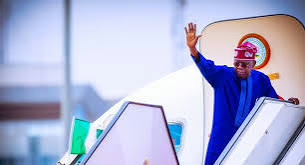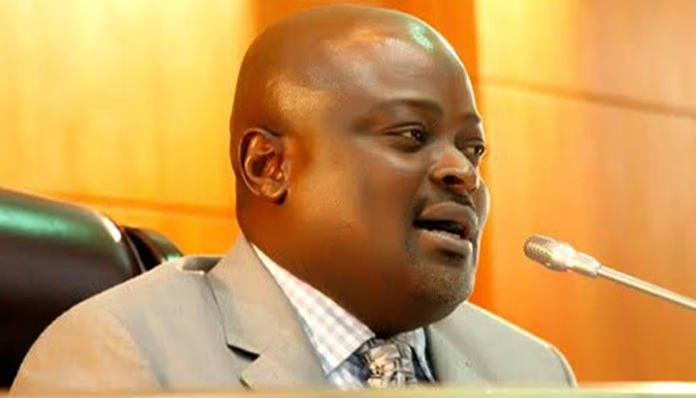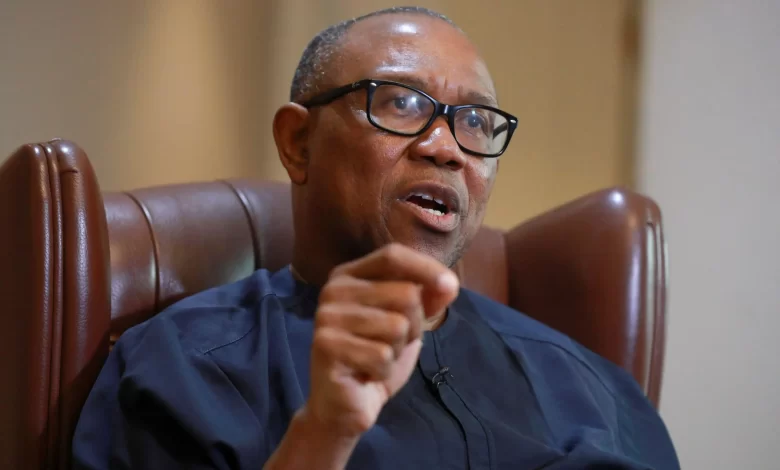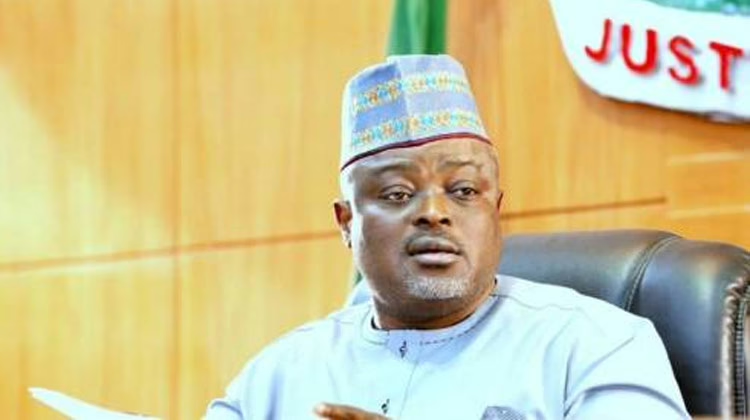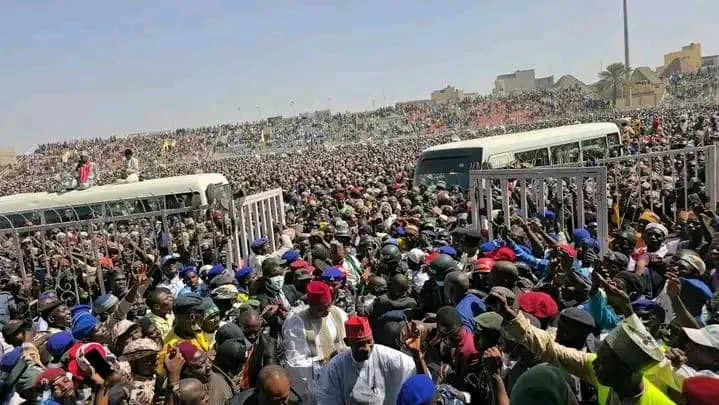The National Assembly, on Saturday, passed the harmonised 2024 Appropriation Bill totalling N28.77tn, and increased the budget size by N1.2tn, from the N27.5tn proposed by the Executive.
The budget was passed by both the Senate and House of Representatives at their respective plenary presided over by the President of the Senate, Godswill Akpabio, and Speaker of the House, Tajaudeen Abbas.
President Bola Tinubu had on Wednesday, November 29, 2023, presented a total of N27.5tn to a joint session of the National Assembly.
The two chambers at the Committee of Supply considered the Appropriation Bill presented by the Chairman, Appropriation Committee of the Senate, Adeola Solomon, and his colleague in the House, Abubakar Bichi.
The Senate pegged the aggregate expenditure at N28,777,404.073.861; statutory transfers, N1,742,786,788,150; recurrent expenditure, N8,768.5330,852; capital expenditure, N9,995,143,298,028; and fixed the Gross Domestic Product growth rate at 3.88 per cent.
A breakdown of the approved budget shows that the sum of N1.743tn is for statutory transfers; N8.271tn for debt service; N8.769tn for recurrent (non-debt) expenditure, while N9.995tn is for capital expenditure.
The N9.179tn fiscal deficit for the year is to be financed through asset sales/privatisation with N298,486,421,740 from this; multilateral/bilateral project-tied loans, N1,051,914,486,314; and debt financing, N7,828,529,477,860.
Under the N8.271tn approved for debt service in the year 2024, the sum of N5.3tn is to be incurred through domestic debts, including Ways and Means; N2.748tn through foreign debts, while the Sinking Fund for the retirement of maturing promissory notes stands at N223.662bn.
For the statutory transfers, the National Judicial Council got the highest allocation of N341.626bn; followed by Niger Delta Development Commission with N338.925bn; Universal Basic Education Commission, N263.044bn; North East Development Commission, N131.836bn; Basic Healthcare Provision Fund, N131.522bn; National Agency for Science and Engineering Infrastructure, N131.522bn; Public Complaint Commission, N14.46bn; and N5bn for the National Human Rights Commission.
For the National Assembly, the sum of N78.624bn was approved for House of Representatives; N49.145bn for the Senate; N36.727bn for the National Assembly Office; N30.807bn for general services; N20.388bn for legislative aides; N15.189bn for Service Wide Vote; N15bn for the National Assembly Hospital project; N12.326 for the National Assembly Service Commission; N12.123bn for the National Assembly Library Complex (take-off grant); N10bn for the ongoing construction of NASC headquarters; and N9.008bn for the National Institute for Legislative and Democratic Studies.
Others are N4.5bn for the completion of ongoing NILDS building; N4bn for the National Assembly Recreation Centre; N4bn for the design, construction, furnishing and equipping of the National Assembly’s Budget and Research Office; N3bn for procurement of books for the National Assembly Library; N3bn Senate car park; N3bn for the House of Representatives car park; N3bn for the upgrade of key infrastructure in the National Assembly; and N3bn for the design, construction, furnishing and equipping of the assembly’s ultramodern printing press; N2.7bn for furnishing of committee meeting rooms and others offices within Senate building.
The National Assembly’s approved allocations included N3bn for furnishing of committee meeting rooms for the House of Representatives; N2.5bn for the National Assembly Pension Board (take-off grant); N1.230bn for the office of retired clerks & permanent secretaries; N1bn for constitution review; N130m for Public Accounts Committee (Senate); N150m for Public Accounts Committee (House); N200m for Senate Appropriations Committee; and N200m for the House of Representatives Appropriation Committee.
From the total sum of N50.451tn approved for recurrent (non-debt) expenditure, the Ministry of Defence got the highest allocation of N1.3tn; followed by the Ministry of Police Affairs with N869.121bn; Ministry of Education, N857.134bn; Ministry of Health and Social Welfare, N667.577bn; Ministry of Interior, N362.552bn; Ministry of Youths, N201.467bn; Office of the National Security Adviser, N199.763bn; Ministry of Foreign Affairs, N140.456bn; Ministry of Agriculture and Food Security, N110.248bn; Office of the Secretary to the Government of the Federation, N100.248bn; and the Presidency, N97.913bn.
At a briefing after the passage, Adeola, said the budget was increased based on current economic realities.
He said, “The government has just removed fuel subsidy; the government is also intensifying efforts to unify the exchange rates that we usually have and that comes with a lot of price and Nigerians are paying dearly for it in terms of price of fuel and the dollar rate.
“When we got the budget document, the President implored us to interrogate and investigate it and make sure that we come up with a document that is all-encompassing and can suit the needs and yearning of Nigerians.
“To start with, the increase in budget has to do with the issue of the exchange rate differences.
“The current rate of the dollar at the black market is between N1,200 and N1,300 and in the Central Bank of Nigeria, it is between N950 and N1,000, and we have a budget, which was pegged at N750; if you look at the gap, you’d realise that it has covered a lot of gaps already.”
He added, “Again, we did some external consultations, most especially in the area of oil benchmark and petroleum resources; if we had gone in that line, we’d have pegged it at N850/N900 to a dollar and we agreed that we wanted to be conservative in our approach, so that nobody will think that we want to increase the budget for any ulterior motive, that was why we left it at N490bn out of which N44bn is for statutory transfers; so effectively, the increment is about N446bn that is going into the Federal Government’s pocket as consolidated revenue.
“So, you can see that what necessitated our action is the economic reality and what is obtainable in both the black and open markets.”


